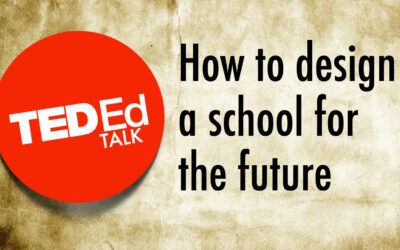I had written earlier about the idea of “postdictable” which was defined as something that is “surprising initially, but then understandable with a bit of thought.” It lies at the spot between predictability and total chaos. The movie Sixth Sense is postdictable in the best sense of the world. Good teaching I believe needs to be postdictable. That is what keeps us engaged, keeps us waiting for more, the payoff as it were. And best of all, once all the pieces are in, we can’t wait to go back and review everything again, to see just how beautifully the whole thing holds together. There is a strong aesthetic component to this – a sense of wholeness, closure, elegance, and inevitability. Good poems have this quality, as do mathematical theorems. A well crafted lecture or a lesson plan has this quality as well. In my mind these ideas are closely tied to the Dewey’s idea of experience and to the idea of design. Hopefully I will have a chance to explore these connections in a later post but for now, here are a couple of commercials that I think were postdictable in a really cool kind of way.
[youtube]http://www.youtube.com/watch?v=2mTLO2F_ERY[/youtube]
Incidentally the Explore, Create & Share series of videos I made with my kids attempt to capture some of these same qualities!



Those videos were great but your explanation of how it relates to teaching was better. Please keep on posting!
Thanks Patrick. You know you are an educator when you tend to see everything (and I mean everything) through the lens of teaching and/or learning.